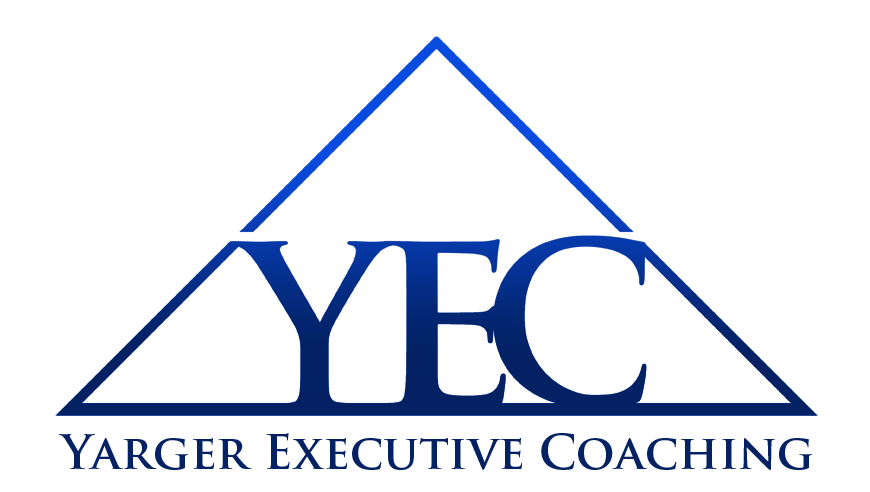Why would a Board of Directors (Board) be important to small, private companies? Actually, many CEOs do not have Boards as they believe the cost and effort required to do so could be put to better use within their companies. Many of these same CEOs just do not want to answer to people outside their company about their personal business decisions. With that as a backdrop, compared to public companies, why would any high performing private company CEO have a Board?
Yes, public companies have Boards because they are legally required to have a Board representing the shareholders of the company. In addition to their fiduciary role, a Board’s duties are determined by the company’s bylaws and can include hiring and firing of CEOs, establishing compensation for executives, setting general company goals, supporting executives and their teams, and ensuring the company is properly equipped with the tools and skills it needs to be well managed. Why would a CEO of a private company want to lose that much control?
Private or family-owned companies are NOT required to have Boards. HOWEVER, CEOs of high performing private companies WANT and NEED input from independent Advisory Boards. Why? These CEOs recognize that Board members with different backgrounds and perspectives can augment their own knowledge and expertise and thus provide exceptional value to themselves and their companies. At the same time, properly selected Boards can act as mentors and coaches to the CEOs of private companies by:
- helping CEOs not only anticipate and prepare for changes in technologies that may impact their business growth and sustainability, but also challenges such as malware and cyber-attacks or other crises;
- providing feedback to CEOs when their business strategies may not sufficiently consider areas of risk that could negatively impact value creation, business sustainability, or both short- and long-term relevance to their markets;
- advising CEOs on including increasingly important environmental, social, and corporate governance (ESG) considerations within their strategic plans since even within small companies, strong ESG practices can have a dramatically positive impact on their company culture, reputation, employee productivity, and even their ability to attract and retain top employees;
- being responsive to CEOs who are increasingly willing and wanting to discuss concerns that keep them up at night including whether or not they are interpretating data correctly and arriving at appropriate and accurate conclusions;
- guiding CEOs in succession planning for family-owned companies thereby removing personal family issues from the process.
Costs? Advisory Board composition and costs vary according to company size. Boards generally are comprised of at least 3 members of which 2 should NOT be family members or friends. For small companies under $50 million in revenues, non-family and non-employee board members are provided annual retainers of $20,000 as compensation for their time in attending quarterly Board meetings and being available for phone calls between meetings (Private Company Board Compensation 2021, Private Company Director Magazine, Volume 8, issue 2, October 2021). As mentioned earlier, Boards are well worth the cost as properly chosen and properly utilized Boards bring knowledge, expertise, and value to CEOs far beyond what is typically found in small, privately held companies and family businesses.
If you need help in establishing a Board or replacing a Board member, we can help.
We look forward to working with you.

